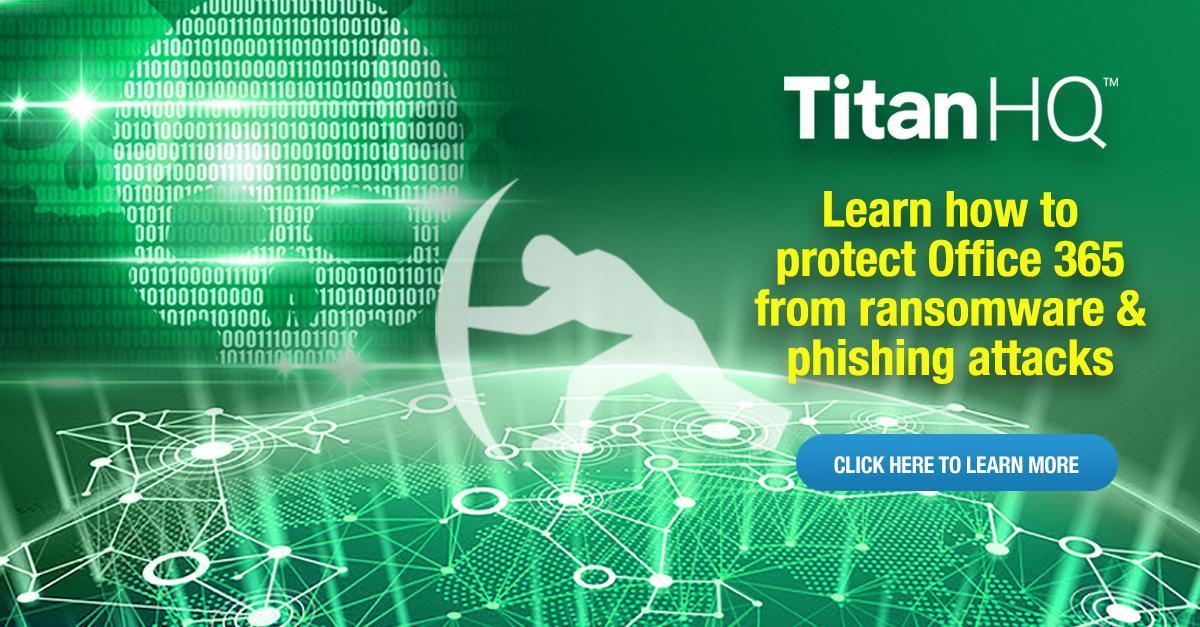Posted by Trevagh Stankard on Thu, May 20th, 2021
It’s no secret that threat actors use branded emails to trick users into falling for phishing campaigns, but many of the targeted individuals are unfamiliar with this type of attack. Even when users are familiar with phishing campaigns, they still don’t know how to identify them and avoid becoming a victim. The latest phishing authors use COVID vaccine-related emails to trick users into divulging their personal details. This phishing campaign aims to steal targeted user identities.
NHS Branded Vaccine Emails
The pandemic lockdowns have the world rushing to get vaccinated so that they can enjoy their summers and help facilitate faster herd immunity. Some countries require vaccination proof to enter their borders, so travelers also have strong motivation to get vaccinated. The anxiety and pressure to get vaccinated provides leverage to phishing attackers.
Fear and the sense of urgency are to benefits to phishing attackers. It works in their benefit and even tricks technological educated users. With this latest phishing attack, threat actors use the National Health Service (NHS) logos and branding to make their email messages look legitimate. The phishing message informs targeted users that they have been selected to receive the vaccine.
Using the NHS logo, the email message asks for various private information such as name, data of birth, and credit card details so that they can be scheduled for the vaccine. Of course, none of this information is necessary, and patients should make appointments for a vaccine from an approved healthcare provider. Should patients fail to identify the message as malicious, they divulge their identity to the sender, and these details can be used to set up financial accounts or they can be sold on darknet markets.
Online Scams Rely on Human Error
Human error is an attacker’s best advantage. It accounts for many of the world’s data breaches, including ransomware. This phishing attack targets individuals for their private information, but ransomware is also common. Both attacks provide large payouts for threat actors, and phishing is the most common way to trick users into falling for scams. Experts report that phishing attacks leveraging vaccination scares over COVID rose by 350% this year, making it one of the biggest campaigns to date.
Because most people are afraid of COVID-related issues, the phishing campaign uses fear to incite the feeling of urgency, which results in human error mistakes. Even users familiar with the way phishing campaigns work could fall for such a scam, as fear is an advantage to threat actors using phishing as a primary attack vector.
Read guide: Pandemic Security - Three Key Cyber Threats Threatening the Working from Home Movement
Email Filters Stop Phishing Scams
Google’s Gmail administrators claim to block 240 million COVID-related scams every day, so email filters are a primary defense against phishing campaigns. Instead of relying on human intervention to stop phishing, email filters drop emails before they ever reach the targeted recipient’s inbox. It stops most phishing campaigns and protects individuals who would otherwise fall for the scam.
Dropping scam emails sent to individuals is fine for personal accounts, but automatically deleting emails in a business setting could create issues from false positives. Should a false positive drop important messages, they cause interruptions in business communications, contracts, deadlines, and other critical productivity workflows.
Instead of dropping and deleting emails in a business setting, email filters should quarantine suspicious messages. By quarantining messages, administrators can then review them for any suspicious content. If content is determined to be legitimate and the message quarantining was a false positive, administrators can then pass it to the intended recipient. If the message is considered malicious, administrators can investigate other quarantined messages to determine if the organization is the focus of an ongoing attack.
Combined with content filters, organizations reduce risk of being the next victim of an attack. These NHS messages contain compelling information that looks like a legitimate message, so it’s no surprise that many targeted victims continue to fall for phishing campaigns. Users should know that no legitimate email message will ask for sensitive private data, especially in email.
One way to deal with phishing email messages is to call the branded source to validate its legitimacy, but this is tedious and isn’t efficient in a business setting. Instead, businesses can work with filters that leverage artificial intelligence to ensure that these malicious messages never reach the intended recipient. It only takes once successful phishing email to damage a business either from the victim divulging private information to the attacker or the user running malware on the network. With email filters, you no longer worry about human error and rely on technology to catch attacks.
SpamTitan email filtering provides a protective layer of security to Office 365 customers to block spam, viruses, malware and ransomware. Reduce the risk of human error resulting in data breaches with SpamTitan. Try a 14-day to see immediate results. Start 14-day free trial.




